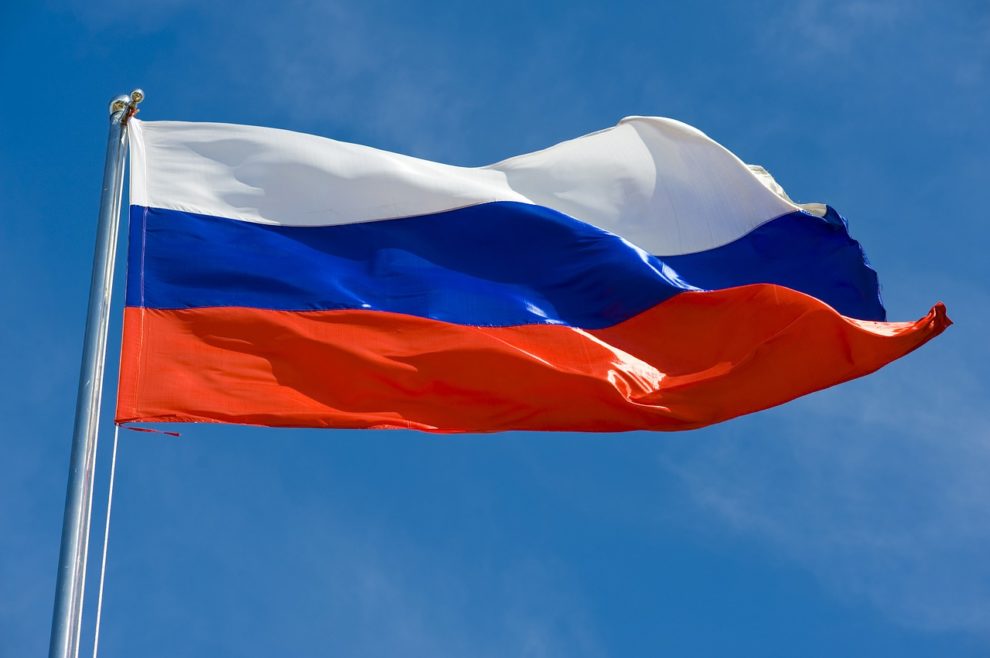Moscow made an effort on Monday to portray a return to business as usual after a weekend mutiny by mercenary troops threatened to undermine Kremlin chief Vladimir Putin’s grip on power.
Putin did not personally address the crisis, but made a video speech to a youth forum dubbed the “Engineers of the future” and praised industry for overcoming “severe external challenges”.
The Kremlin said that Putin had spoken to Iran’s President Ebrahim Raisi by phone and had received Tehran’s “full support” in connection with the mutiny.
Putin also received a call from Qatar’s Sheikh Tamim bin Hamad Al Thani, who also expressed his backing, the Kremlin said.
Defence Minister Sergei Shoigu, one of the main targets of Wagner warlord Yevgeny Prigozhin’s revolt, appeared in more pre-recorded footage on state television, apparently visiting troops in Ukraine.
Officials in Moscow and in the Voronezh region south of the capital lifted “anti-terrorist” emergency security measures imposed to protect the capital from rebel assault.
Prigozhin himself was last seen on Saturday leaving the southern city of Rostov-on-Don in an armed Wagner convoy, and his location and that of the bulk of his as yet still mobilised and equipped private army was unclear.
Moscow mayor Sergei Sobyanin proclaimed the situation in the city “stable”, and thanked Muscovites for their “calm and understanding” during the crisis.
On Saturday, with Wagner columns bearing down on the capital and clashing with regular forces in Voronezh, bordering Ukraine, a “counter-terrorist” regime had been ordered.
– ‘Moving forward’ –
Russia’s operation in Ukraine continued through the crisis, however, as Shoigu — whom Prigozhin had threatened to overthrow — was at pains to demonstrate.
On Monday, he appeared on state television visiting a Russian command bunker in Ukraine and flying in a helicopter to inspect troops battling an Ukrainian counteroffensive.
During the meeting, the minister highlighted “great efficiency in the detection and destruction” of Ukraine’s weapons systems and soldiers, the ministry of defence said.
It was not possible, however, to independently confirm whether the report had been filmed before or after the Wagner revolt.
Ukrainian military leaders, however, insisted they were making progress in a multi-direction offensive targeting Russian lines in the south and east of the country.
“We are knocking the enemy out of his positions on the flanks of the city of Bakhmut,” ground force commander Oleksandr Syrskyi said.
“Ukraine is regaining its territory. We are moving forward,” he said.
Deputy defence minister Ganna Malyar said Ukraine had on Monday recaptured the rural settlement of Rivnopil, on the southern front in the Donetsk region, and was pushing on.
Ukrainian residents in the frontline town of Druzhkivka, near Bakhmut, also in Donetsk, told AFP that four explosions rocked a residential district overnight.
The blasts severed water and sewage pipes, shattered windows and threw up stones that hit yards and roofs, but municipal authorities said no-one was hurt.
“It was a ‘fun’ night, we haven’t had this for a long time, it’s been quiet for a month or so,” said 66-year-old Lyubov, showing off the new hole in her cement-shingled roof.
The wine-growing and salt-mining city of Bakhmut, in Ukraine’s eastern region of Donbas, was captured in May by Russian forces led by Prighozin’s private army.
The victory was short-lived, however.
With the Wagner chief feuding with Shoigu and Russian commander General Valery Gerasimov, Ukraine launched a counteroffensive.
The Western allies — who are backing Ukraine with modern weaponry, training and cash — see Putin’s grip on power weakened by both Wagner’s revolt and the operation in Ukraine.
NATO secretary general Jens Stoltenberg, visiting Lithuania ahead of the alliance’s Vilnius summit next month, said Putin had weakened his own position at home through attacking Ukraine.
“The events over the weekend are an internal Russian matter, and yet another demonstration of the big strategic mistake that President Putin made with his illegal annexation of Crimea and the war against Ukraine,” he said.
The EU’s foreign policy chief, Josep Borrell, opened a meeting of European foreign ministers in Luxembourg by declaring that the crisis was undermining the Kremlin’s power.
“What has happened during this weekend shows that the war against Ukraine is cracking Russian power and affecting its political system,” he said.
Germany meanwhile boosted Europe’s defences on its eastern flank facing Russia by announcing that it would station a 4,000-strong army brigade in Lithuania, the largest non-local NATO unit yet assigned to the Baltic states.
– ‘International order’ –
Prigozhin was last seen late Saturday in an SUV leaving Rostov-on-Don, where his fighters had seized a military headquarters, the nerve centre of the operation in Ukraine.
He was cheered by some local people, and some shook his hand through the car window. Trucks carrying armoured vehicles with fighters on them followed his car.
His withdrawal came after Moscow announced that a deal had been struck for Prigozhin to go into exile in Belarus and for his men to receive an amnesty.
In exchange, they halted their march on Moscow.
On Monday, however, Russian news agencies reported that Prigozhin himself was still under investigation for trying to organise an armed rebellion.
“The criminal case against Prigozhin has not been dropped,” the three main Russian news agencies quoted a source in the prosecutor’s office as saying.
